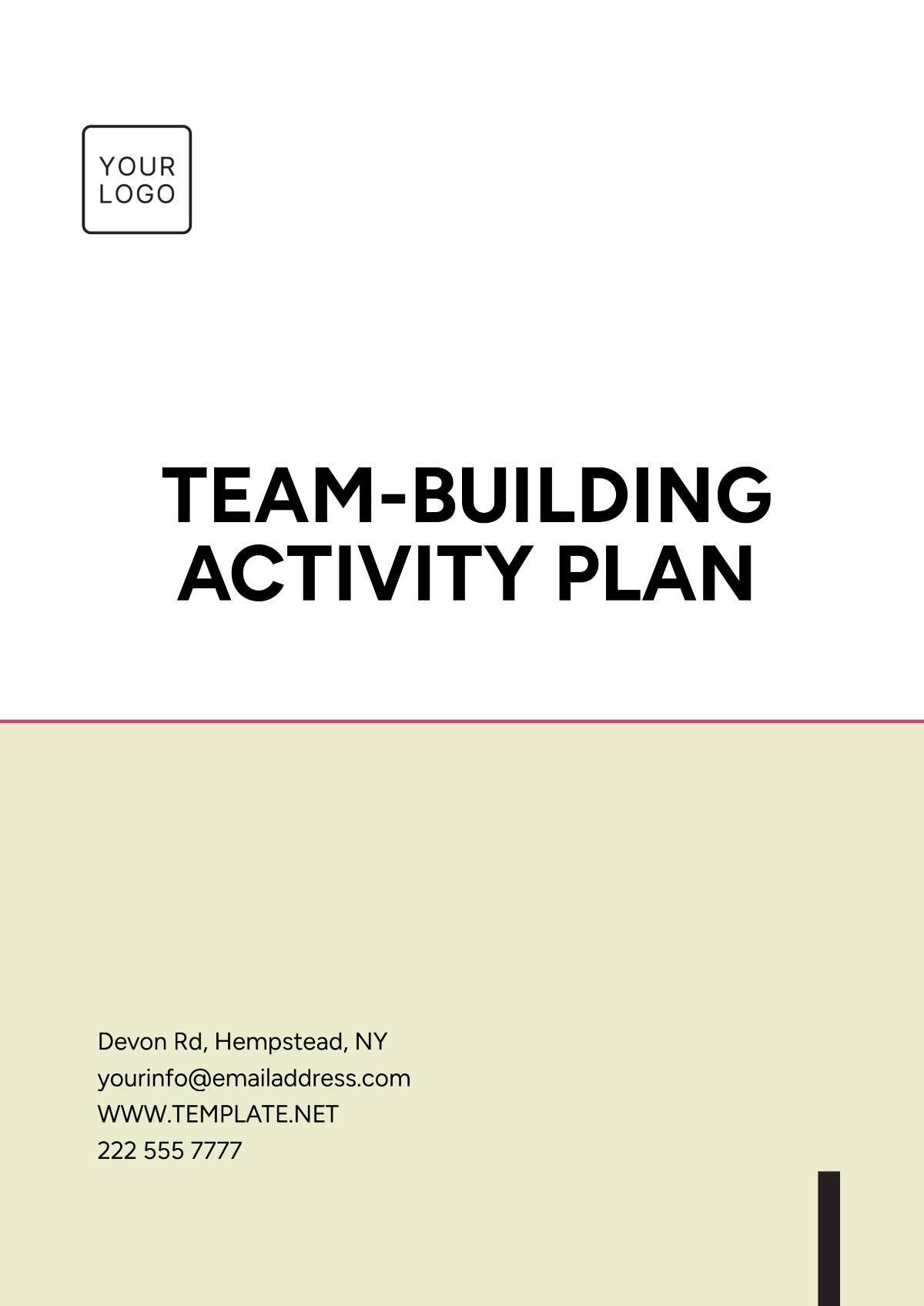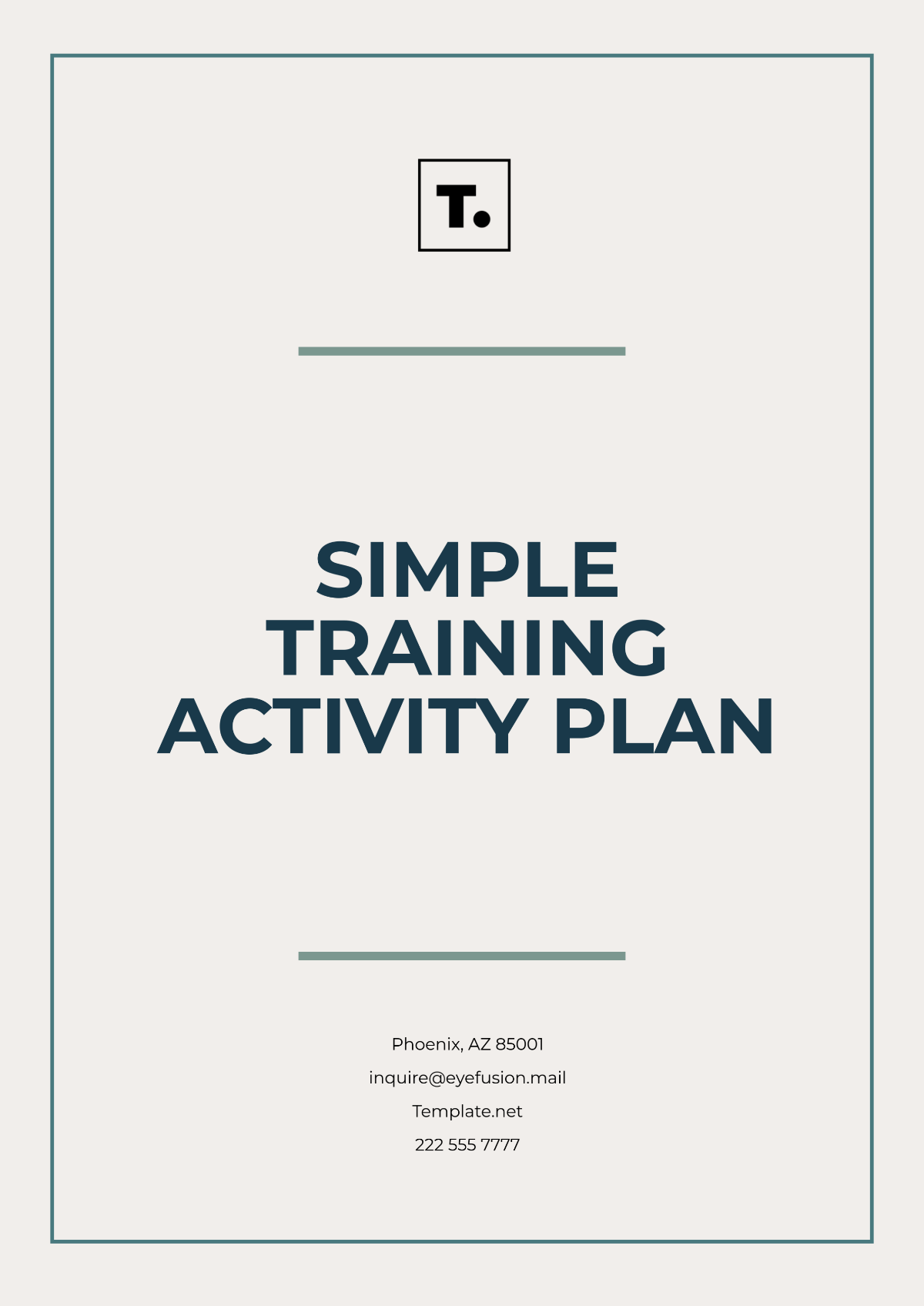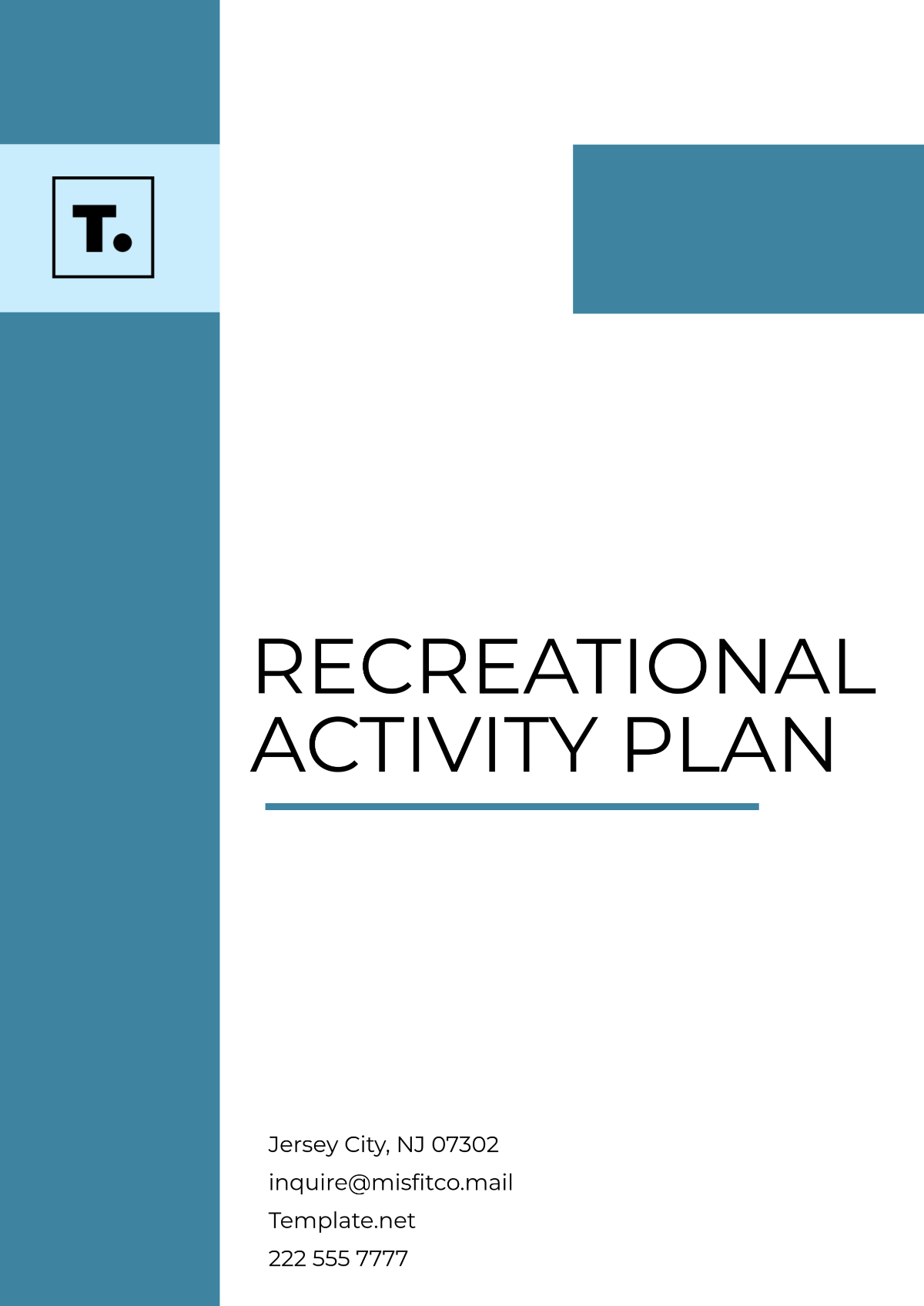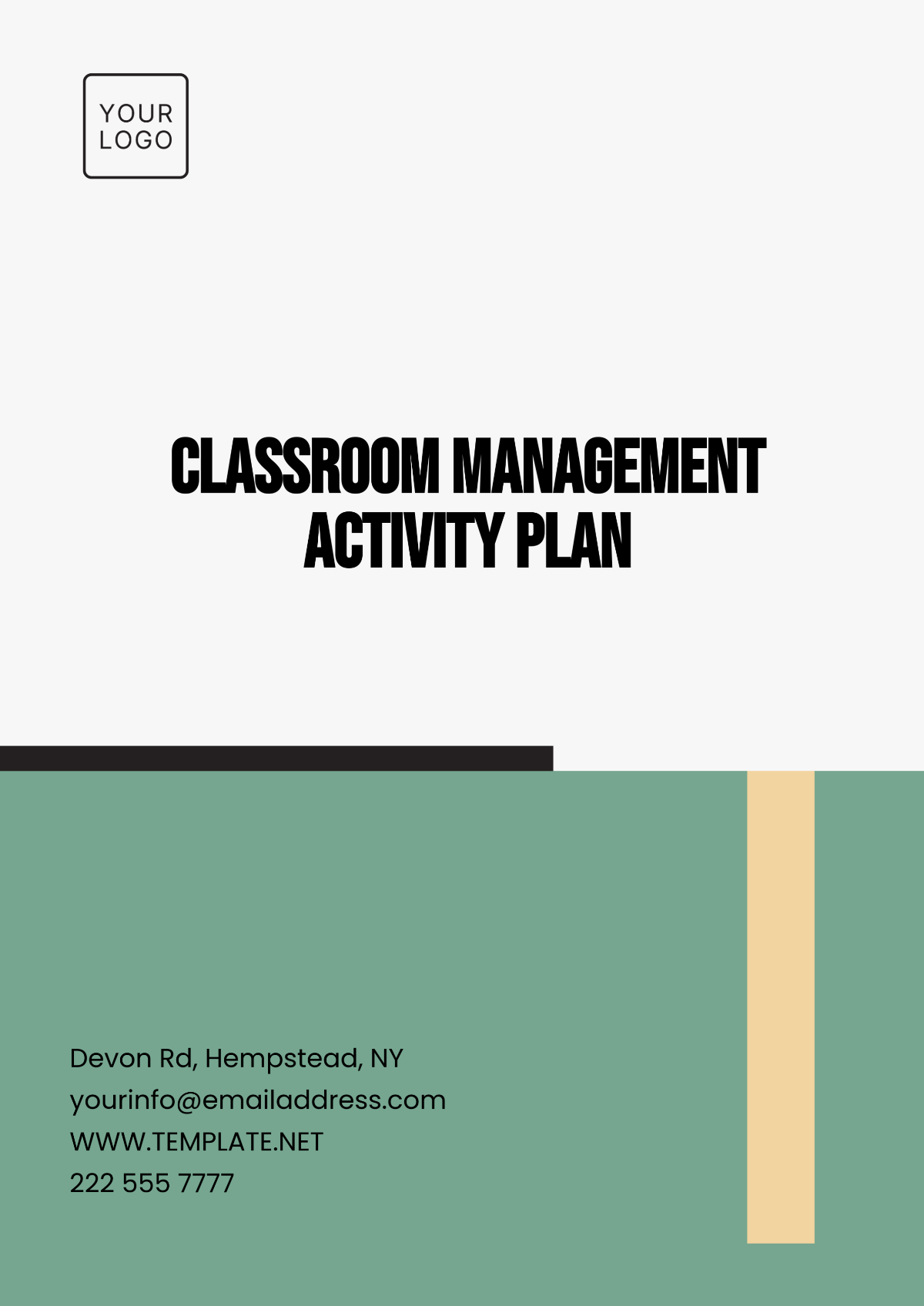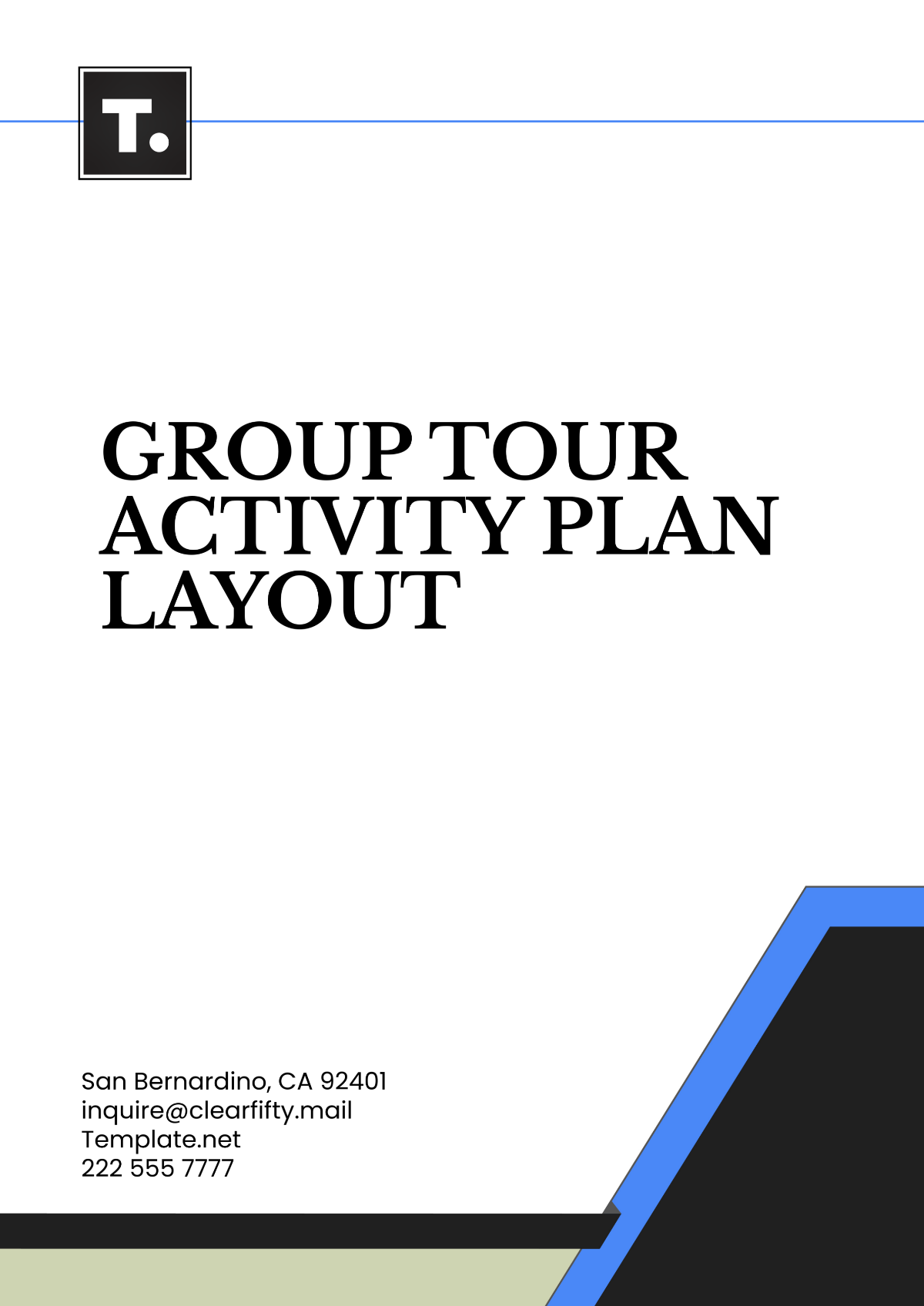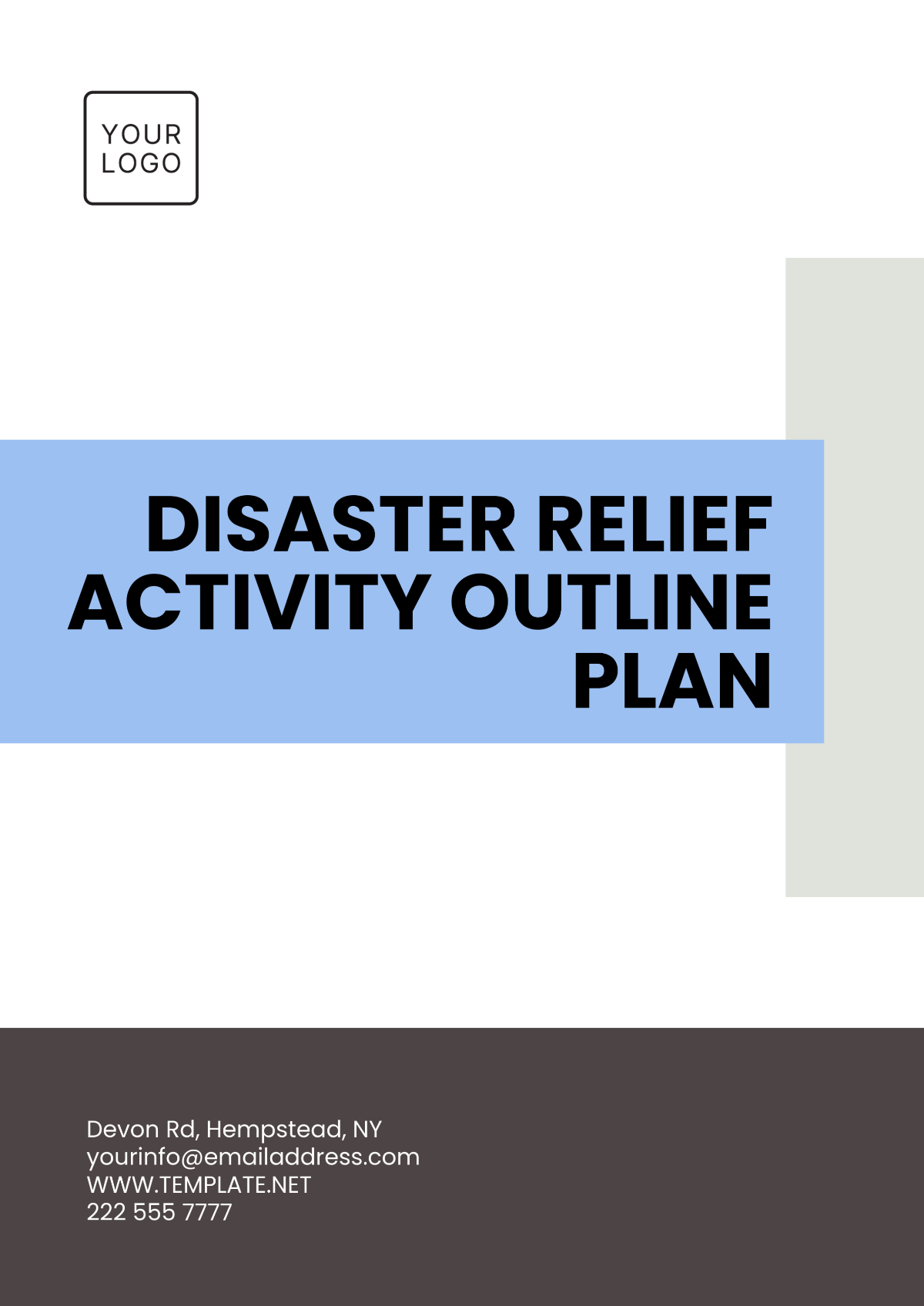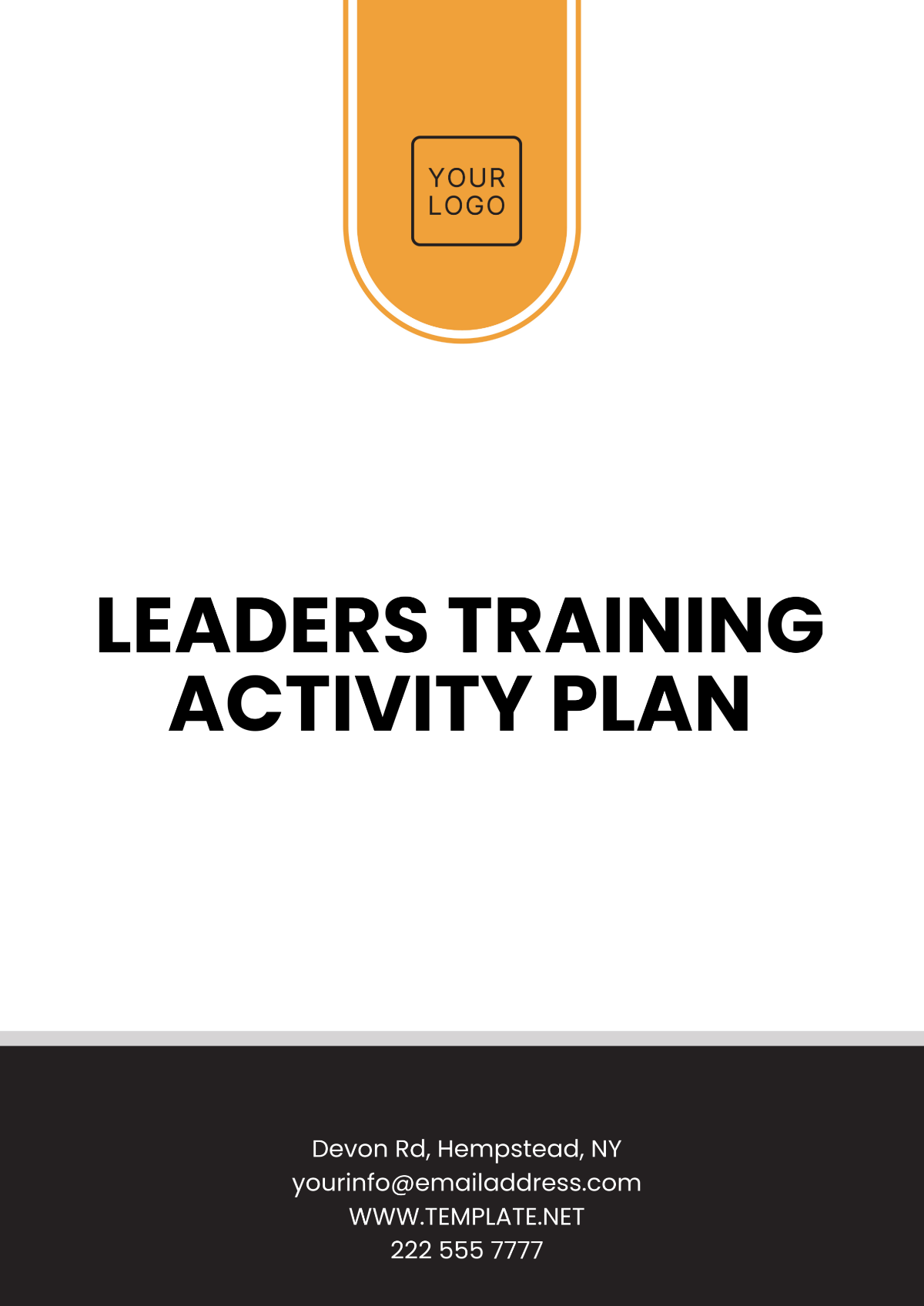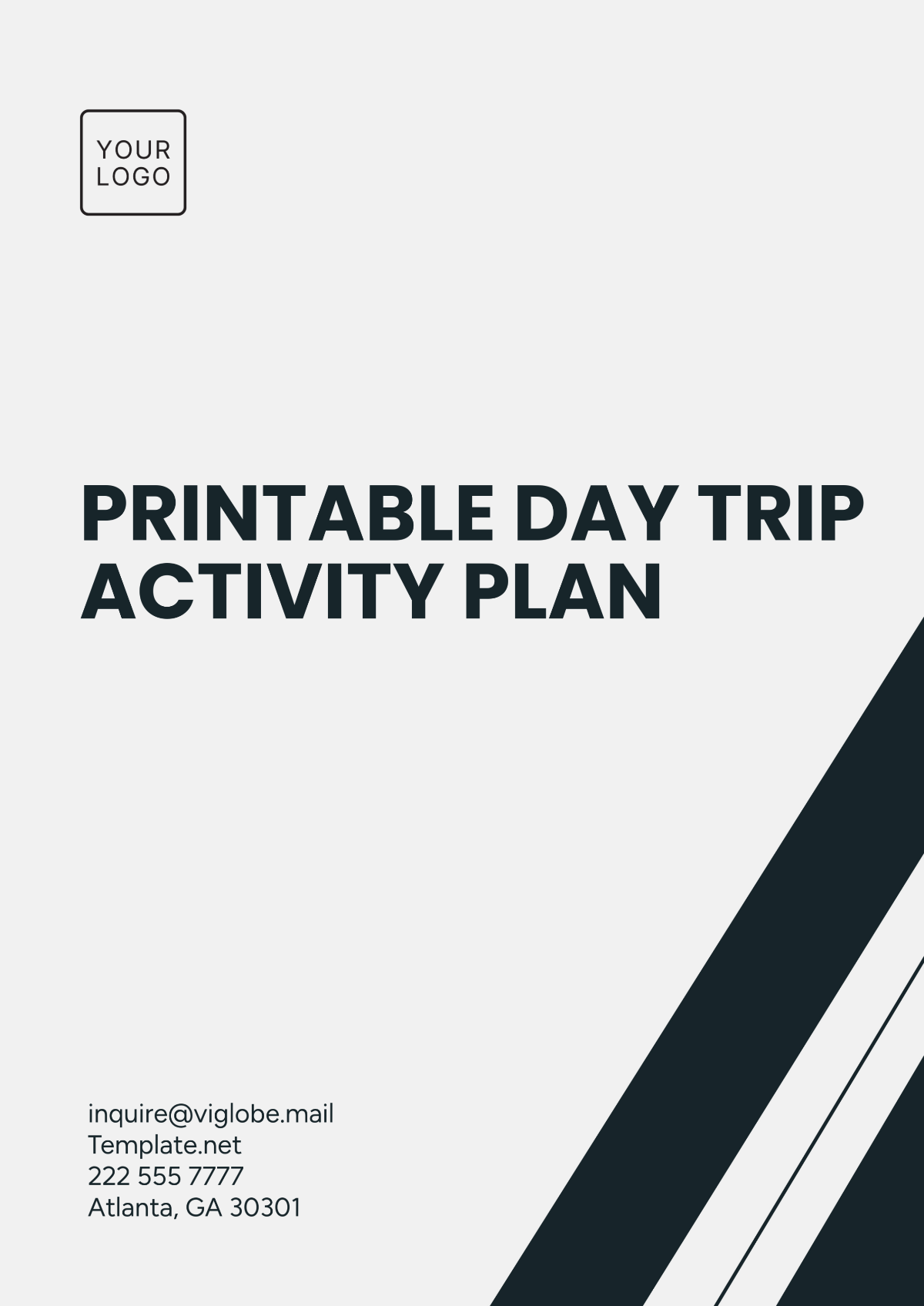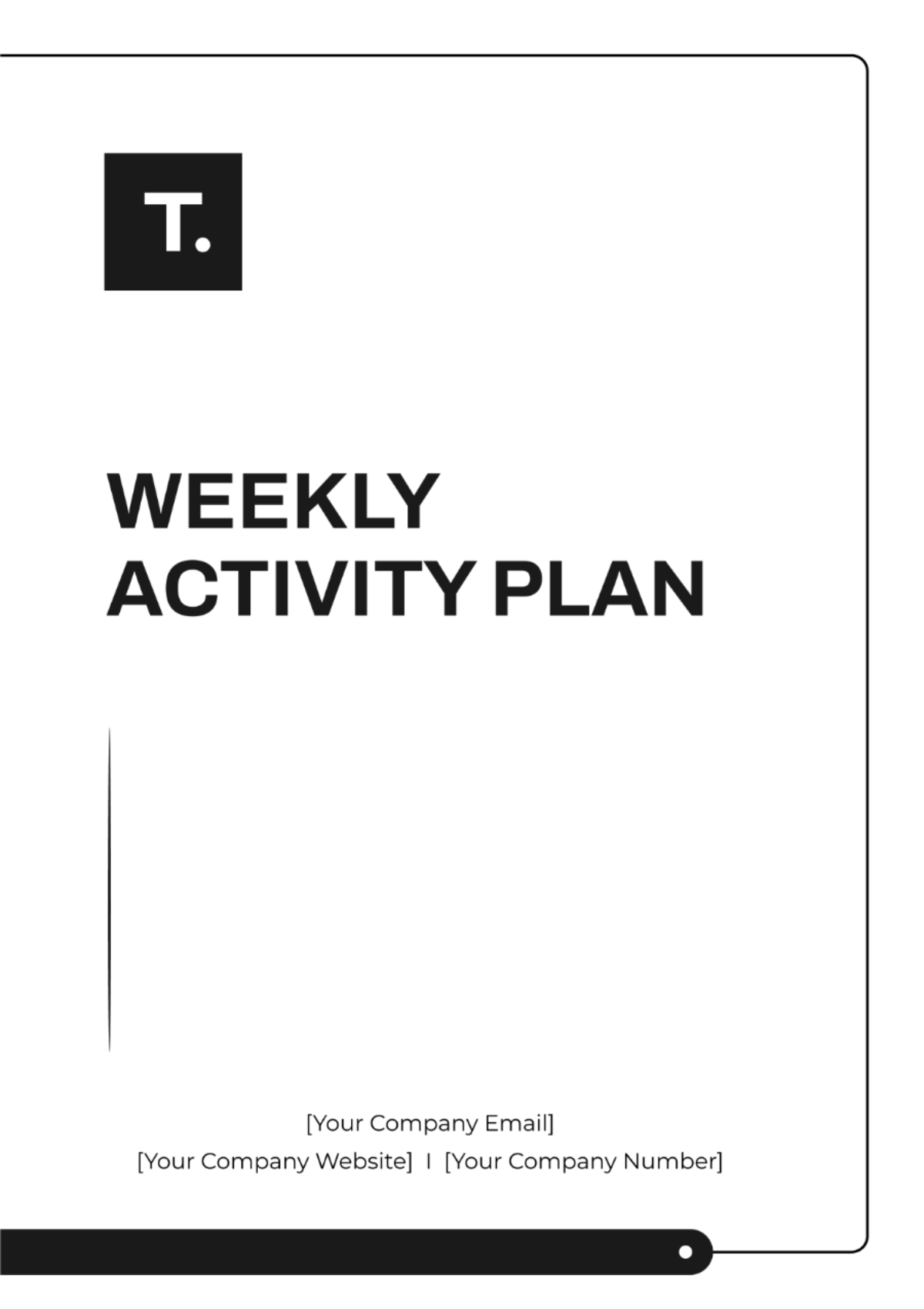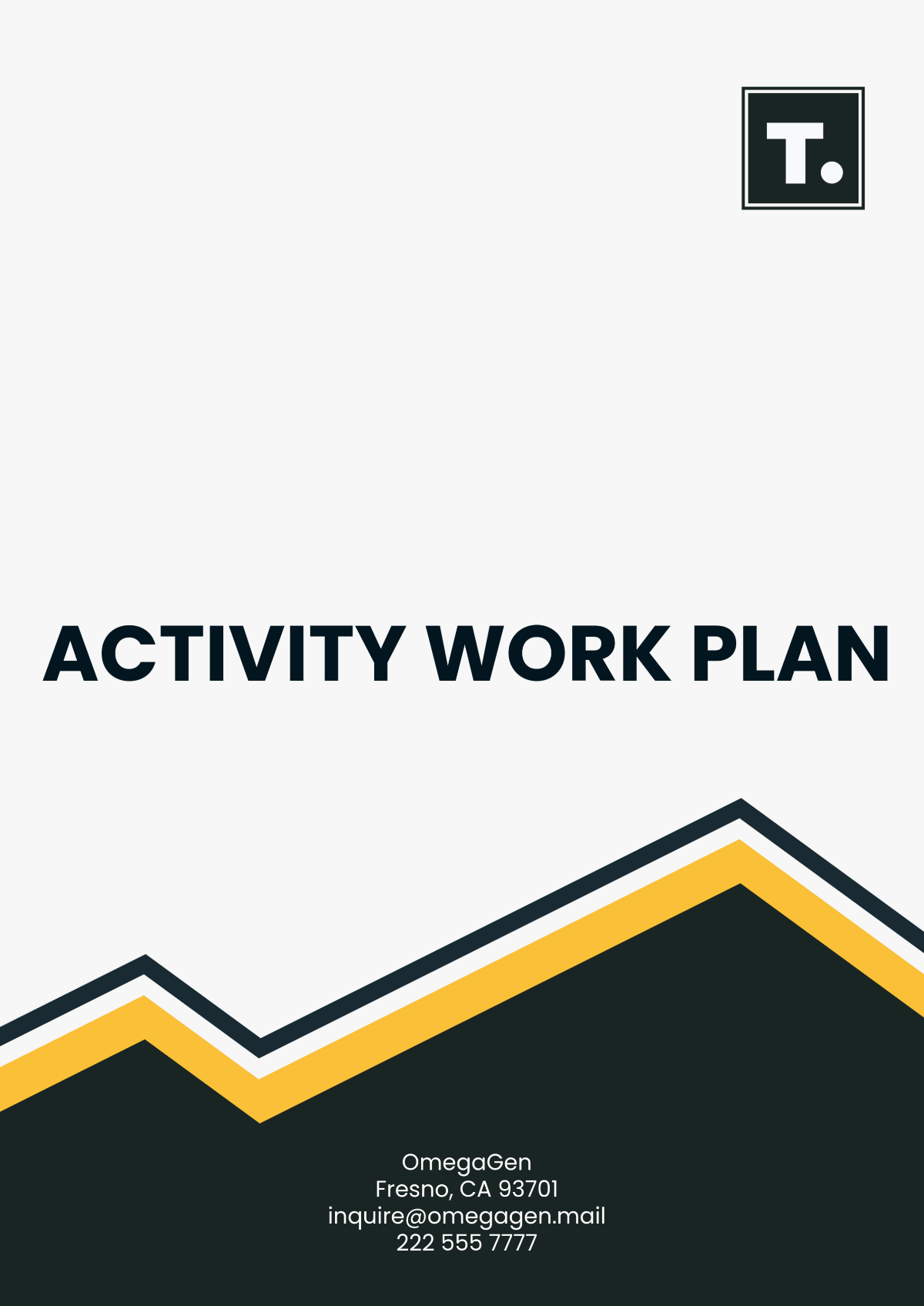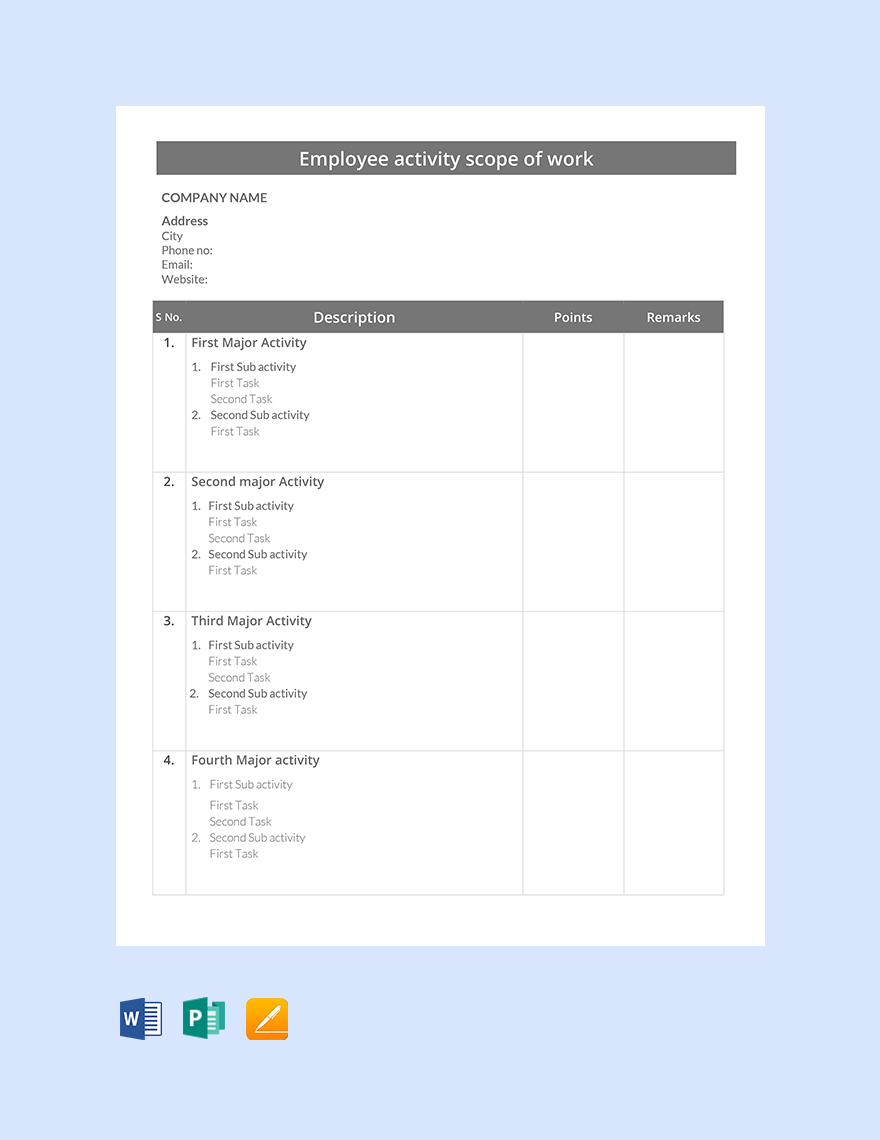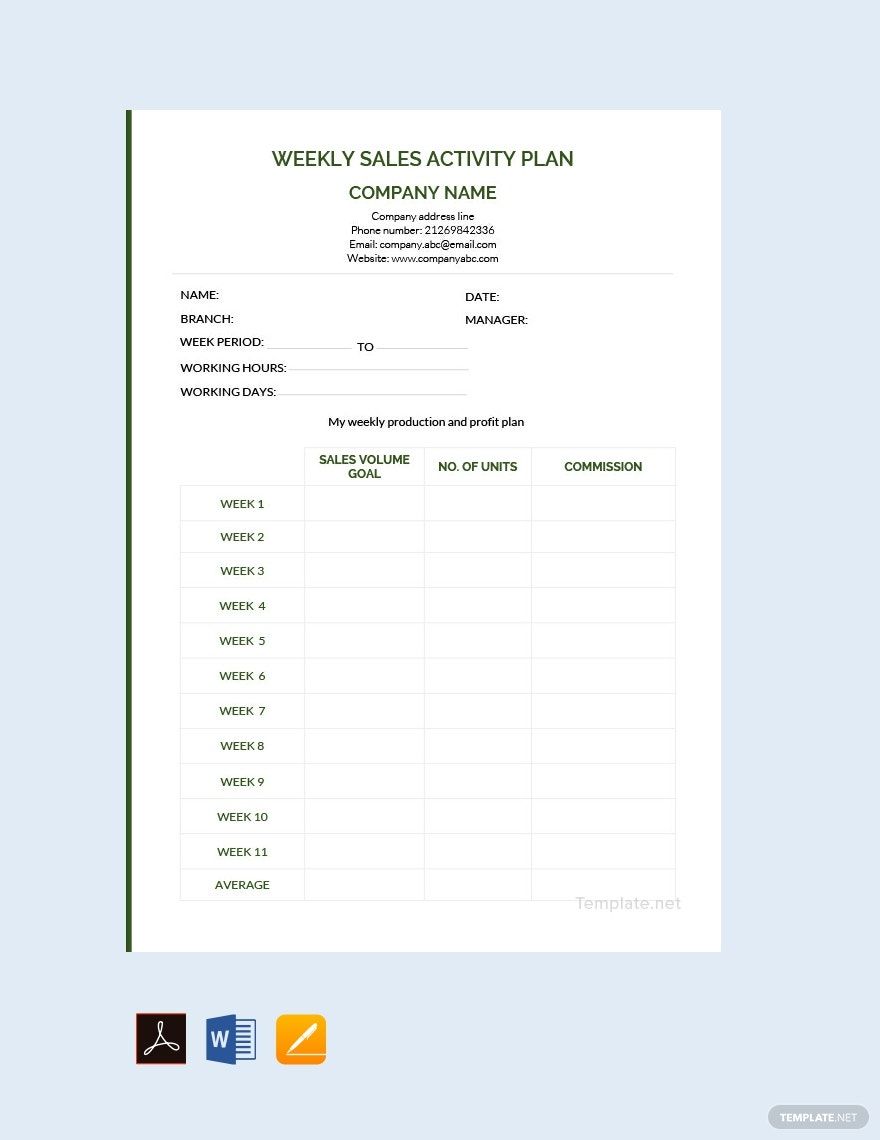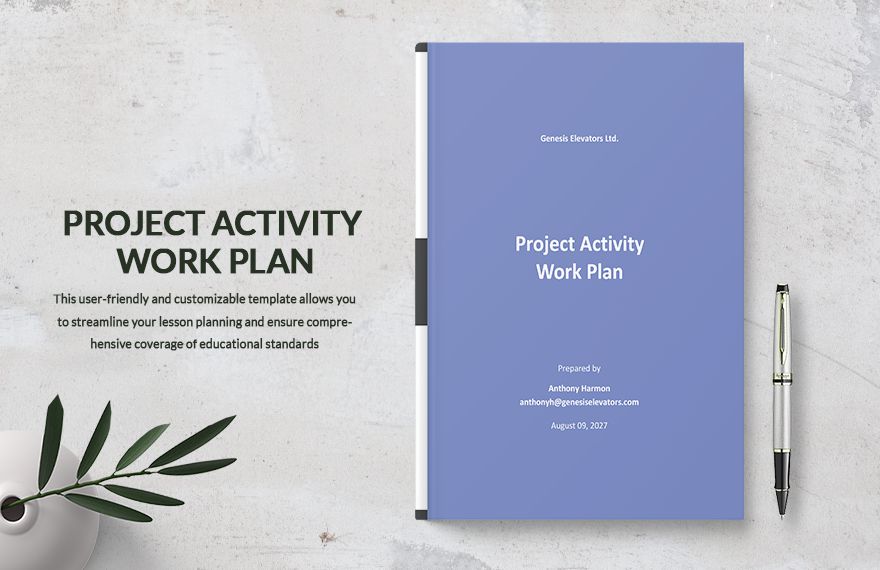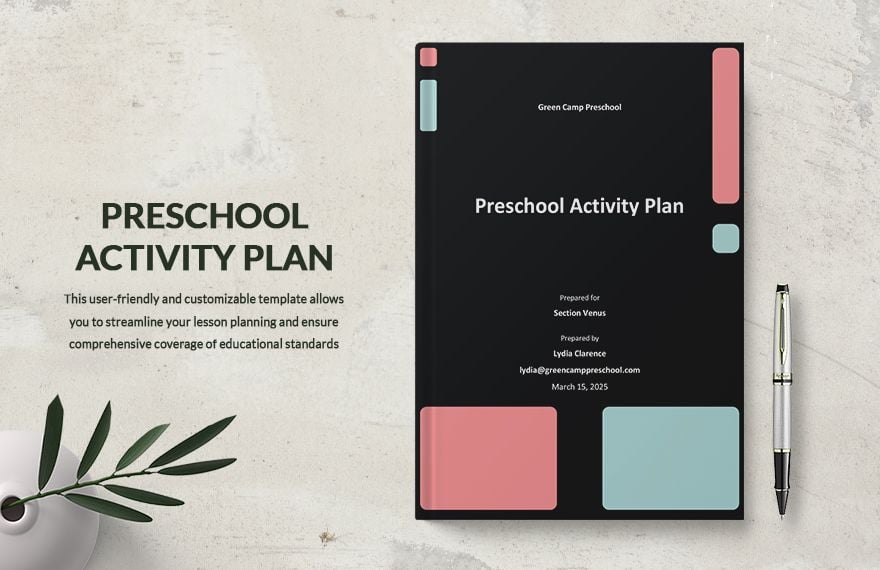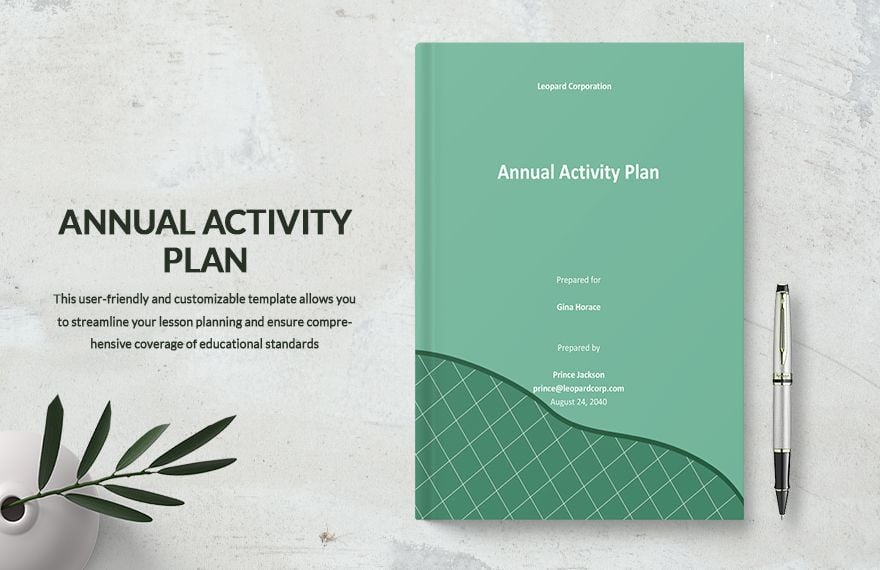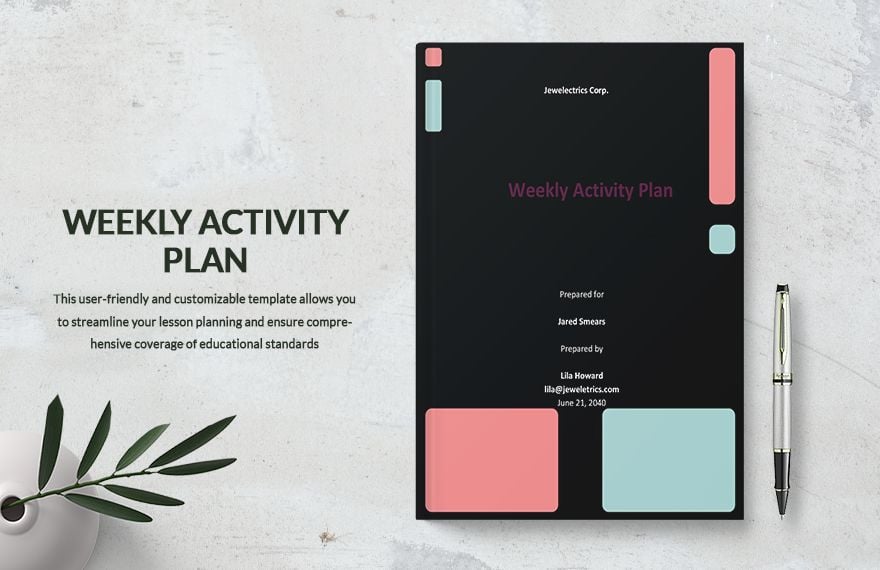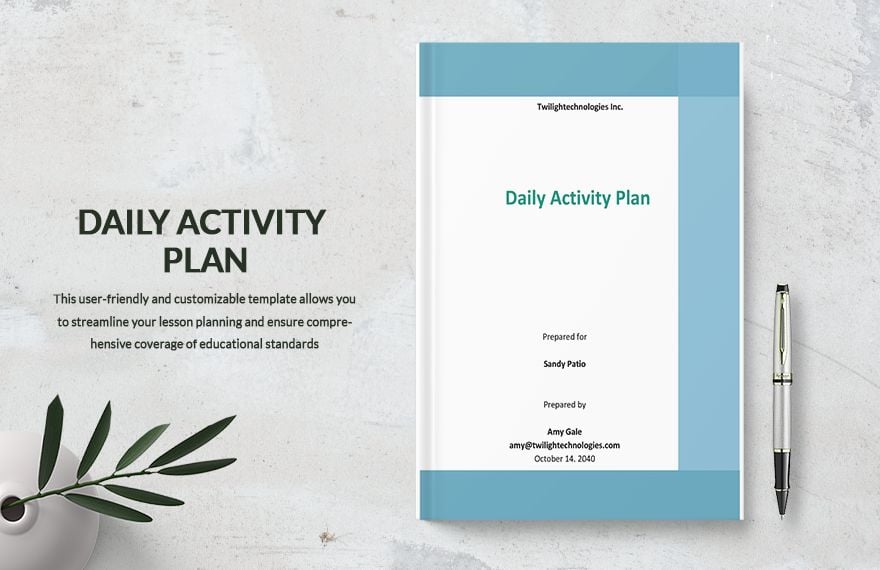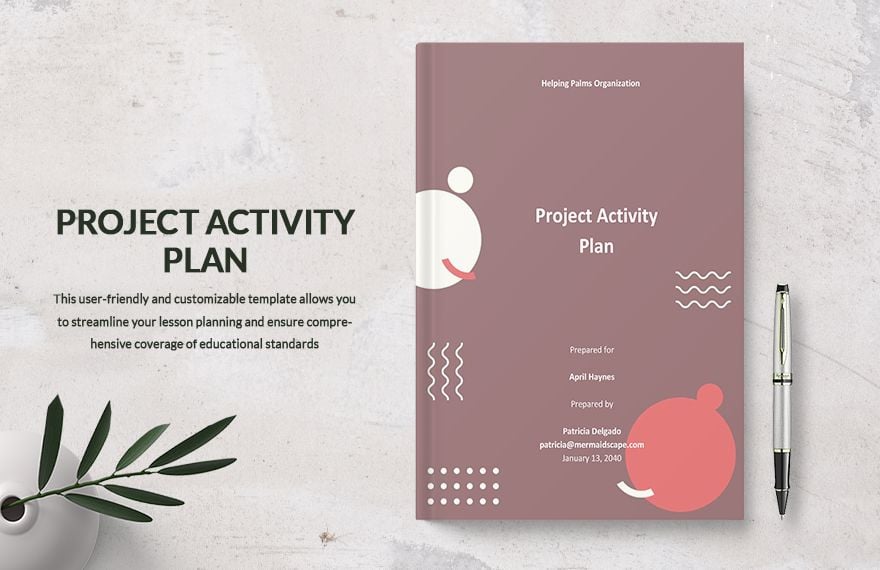Bring your Ideas to Life with Activity Plan Templates from Template.net
Keep your collaborations engaging, organized, and efficient with Activity Plan Templates from Template.net. Ideal for project managers, teachers, event planners, and anyone looking to streamline their workflow, these templates offer a seamless way to promote a sale or invite guests to an event. Include essential details like time, date, location, promotional codes, and contact info effortlessly. Enjoy the ease of professional-grade designs without needing any advanced skills. Our templates are perfectly customizable for social media, allowing for both print and digital distribution. With Activity Plan Templates from Template.net, engaging your audience has never been this simple.
Discover the many Activity Plan Templates we have on hand to take your projects to the next level. Select from a vast range of templates tailored for different uses, easily swapping in your preferred assets and tweaking colors or fonts to match your brand. Enhance your plans with advanced features like dragging-and-dropping icons or graphics, adding animated effects, and utilizing AI-powered text tools for effortlessly engaging content. The possibilities are endless, and the process is skill-free. With regularly updated templates, you'll always find new designs to suit your needs. Once you're finished, download your creation or share it effortlessly through various channels such as links, prints, or emails. Collaborate in real time and watch your plans come to life with Activity Plan Templates from Template.net.




